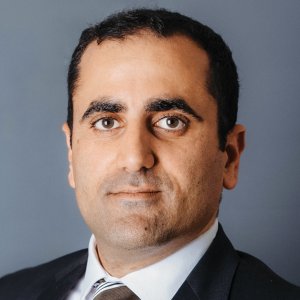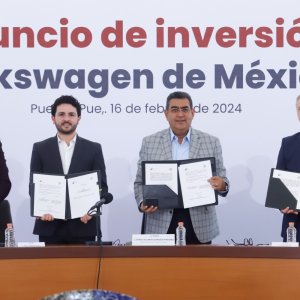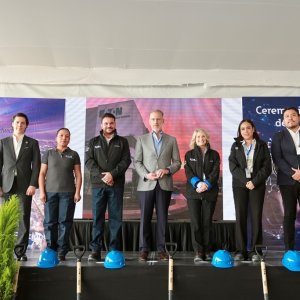A Quick Transition to New Operational Leadership

STORY INLINE POST
Q: What role does Mexico play in Perenco’s international portfolio?
A: Mexico represents one of the group’s most recent additions to its portfolio, which contains 14 producing countries. We target our activities through two categories of operations. One is mature fields and the other is marginal discoveries. Based on that, Mexico was an obvious choice for Perenco due to the country’s historically exploited fields, which are aging rapidly, and this means that we can bring much value to these assets. When we saw the opportunity to enter the country through the purchase of Petrofac’s assets, we considered it a critical choice that we had to make, since this group of fields were perfectly aligned with our abilities. When we enter a new country, we establish a preliminary strategy for possible routes to further expansion. We are still on that path but our commitment to Mexico is very much for the long term.
Q: How would you describe the process through which Perenco acquired its assets in Mexico?
A: Many decisions led Perenco to the 2018 purchase of 49 percent of Petrofac’s Mexico portfolio, followed by a complete purchase of those same assets in 2020. It was a rough process but it is also how we optimize our introduction to new countries. It is always difficult on some level but we never let that discourage us. It was important for us to consolidate our operational control over these fields, which is what led to this relatively fast transition from minority stakeholders to becoming a fully independent operator of these blocks.
Q: What have been the most important adjustments made so far to Petrofac’s investment, drilling and development plans?
A: One of the most important changes is that we have invested in our own evaluation of the fields and the opportunities they offered. We aimed to find value that our predecessors missed, and to do that we had to adjust the fields’ investment plans to account for our own data acquisition and analysis. Basically, we know what to look for. We also conducted our own consultations with PEMEX, which is an enormous part of the history of these fields. The NOC is one of the primary stakeholders in the success of the fields due to many reasons, one of which is the structure of our contracts over these fields. We understood the importance of involving them in our plans.
Q: How would you describe the ongoing development of your relationship with PEMEX?
A: Like all other operators in Mexico, we work to some extent with PEMEX and we are developing a very good relationship with them. Our communication with PEMEX has been very successful from the start. They understand our plans and ambitions in regard to these fields very clearly and our working experience has been very satisfactory, given their high levels of technical knowledge and expertise. In general, they have been very supportive and have acknowledged that what we are bringing to the table is new for Mexico and for these assets in particular.
In terms of legacy infrastructure, particularly in Santuario and Magallanes, which are onshore fields, we have not encountered a situation that we would consider catastrophic. We are working to make sure that existing infrastructure is optimized to properly handle the increase in production. Our collaborations with PEMEX in this sense have also been successful. We are working with them to make sure that the physical integrity of this infrastructure does not break down. We have also worked with PEMEX regarding the social aspect of our operations within these onshore fields. We were careful to introduce ourselves to all stakeholding communities in regard to social engagement protocols, so that a mutually stable and beneficial relationship could develop. These matters can be quite sensitive and volatile but our experience has been significantly positive so far.
Perenco is an independent international hydrocarbon producer. Since 1992, the group has been involved in the entire cycle, from exploration to decommissioning. It is moved forward by 6,000 inspiring employees whose adaptable and resourceful attitude makes it possible to operate a fully integrated, sustainable and optimised model. Perenco is actively committed to enhance and develop local resources, to support economic growth and human development in the 14 partner countries where it operates.




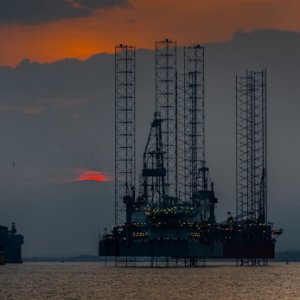
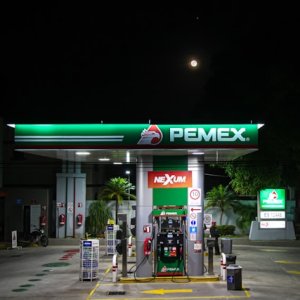
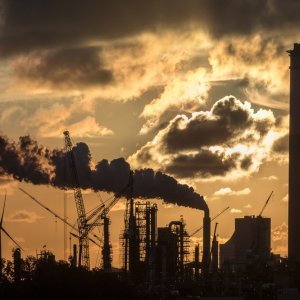
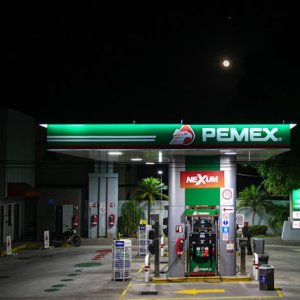
 By Pedro Alcalá | Senior Journalist & Industry Analyst -
Mon, 10/04/2021 - 09:03
By Pedro Alcalá | Senior Journalist & Industry Analyst -
Mon, 10/04/2021 - 09:03


